Publications
Articles, publications, books, tools and multimedia features from the U.S. Institute of Peace provide the latest news, analysis, research findings, practitioner guides and reports, all related to the conflict zones and issues that are at the center of the Institute’s work to prevent and reduce violent conflict.

Increasing Information Access for the North Korean People
In recent years, North Korea has become more repressive, more impoverished and more allergic to the outside world. Already turning inward after the failure of diplomatic efforts in 2019, the North Korean government isolated itself further amid the global COVID-19 pandemic. North Korea has learned to operate, and Kim Jong Un has learned to rule, with greater levels of self-isolation than aggressive international sanctions regimes could ever hope to impose. Given North Korea’s current mode of rejecting even humanitarian assistance and its recent turn toward Russia, the chances for diplomatic breakthroughs with Pyongyang look like a wishful long-term hope at best.

It’s Time to Resolve the Korean War
The greatest challenge to peaceful coexistence between North Korea and the United States is the technical state of war between the two countries. The United States and the Soviet Union may have been at ideological loggerheads, used proxies in regional conflicts and come close to direct superpower blows — but they were not in a state of war. Resolution of the Korean War should be set as a stated U.S. policy objective. This is a necessary Step Zero on the road to peaceful coexistence with North Korea today and could reduce the risk of deliberate or accidental conflict, nuclear or otherwise.
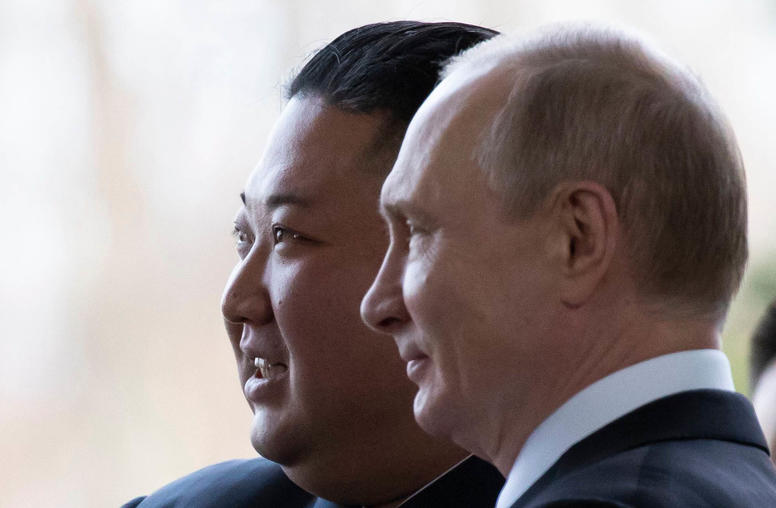
Three Conditions for Successful Engagement with North Korea
The September 13, 2023, meeting between Vladimir Putin and Kim Jong Un in Russia’s Amur Oblast marked a significant crippling of the decades-long U.S. pressure-based approach toward North Korea. The strategy of isolating and pressuring North Korea through United Nations Security Council resolutions to compel its nuclear disarmament in exchange for providing normalized relations, economic aid and sanctions relief may or may not ever have been a winning strategy, but now is no longer viable. The strategy required cooperation among the United States, South Korea, China and Russia, but this now seems a distant prospect.
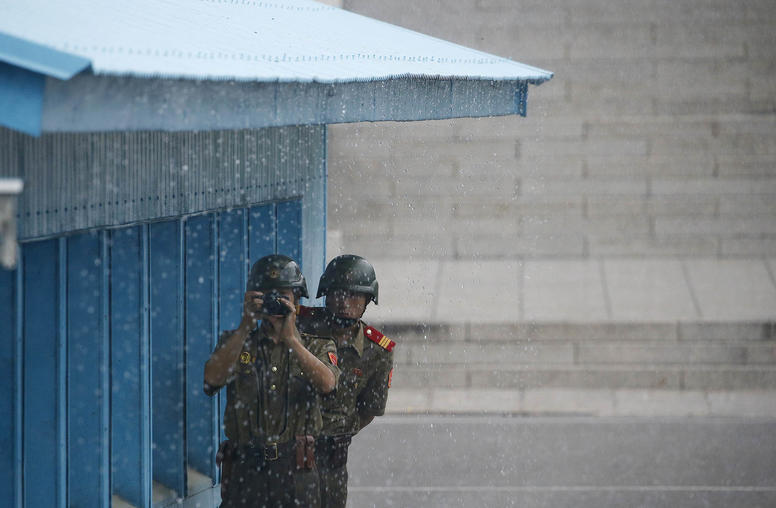
Building Trust through Health Cooperation with North Korea
The United States needs to address the existing trust deficit with North Korea if it wants to coexist peacefully with that country. Trust building through health cooperation may be the least contentious way politically and the most likely to succeed. However, engagement on health and humanitarian assistance with North Korea, like security negotiations, has been undermined by geopolitics.
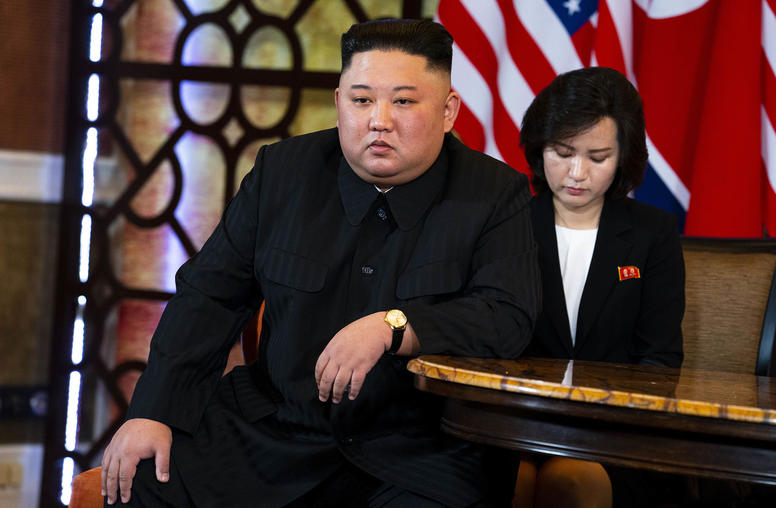
Climate Change as a Path to Engagement with North Korea
Since North Korea broke off talks with the United States after their 2019 meeting in Stockholm, progress in engaging Pyongyang on its nuclear weapons and other issues has stalled. The pandemic likely played a significant role in cooling engagement, but Pyongyang’s growing relationship with Russia has further reduced its incentives to engage with the United States.
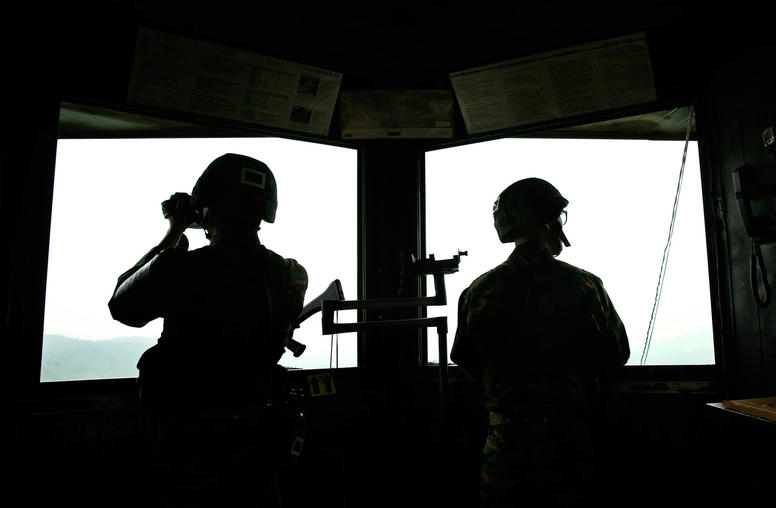
Increasing Stability in a Deterrence Relationship with North Korea
A Korean Peninsula free of nuclear weapons remains a critical U.S. national security interest, but it is now a long-term interest. Because there is little possibility of disarming the regime in Pyongyang at an acceptable cost in the foreseeable future, the United States-South Korea alliance needs a strategy to coexist peacefully with a nuclear-armed North Korea.
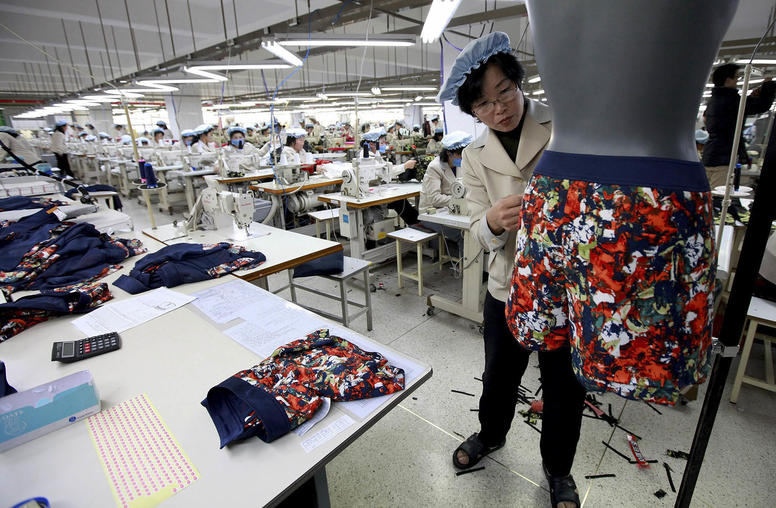
A Framework for Meaningful Economic Engagement with North Korea
North Korea has faced enormous challenges in providing health and food security for its population since its economic collapse and famine of the 1990s. A principal reason was prioritizing state security in the military-first policy under Kim Jong Il and later advancing nuclear and missile programs under Kim Jong Un. Self-reliance ideology was another important factor. In addition, the unresolved Korean War and underlying North Korean perceptions of U.S. and international hostility cast a cold shadow over diplomatic and economic cooperation.
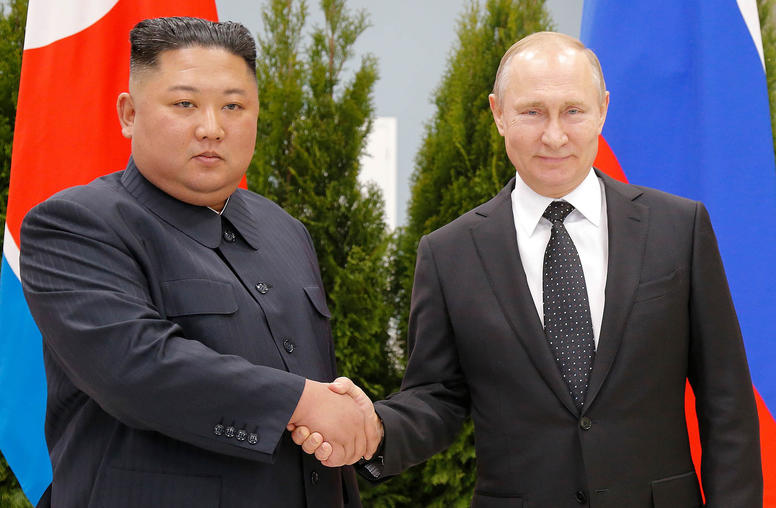
Why Calls for Regime Change in North Korea Can Be Counterproductive
Last September, North Korea’s supreme leader, Kim Jong Un, traveled through Russia’s Far East, where he met with Russian President Vladimir Putin to discuss munition sales in return for collaboration on space and other military technology. While Kim was outside of North Korea, Pyongyang test launched a ballistic missile in a move that is becoming quotidian. Although the test was one of dozens that have happened just in the past year, it was the first such test to occur while North Korea’s supreme leader was out of the country.
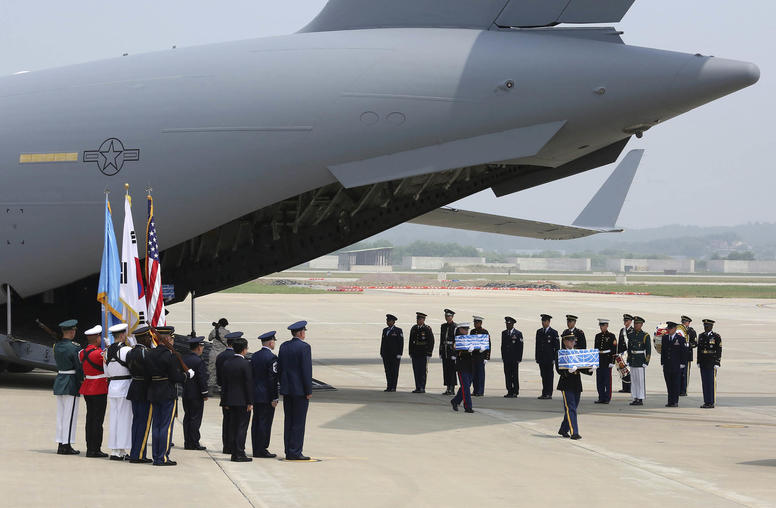
A New Approach to Recovering U.S. Servicemen’s Remains from North Korea
Seventy years after the end of the Korean War, there are still more than 7,000 U.S. servicemen who remain missing in action from that conflict. The remains of some 5,200 of these men are believed to be in North Korea. Unfortunately, poor diplomatic relations between the United States and North Korea have prevented the recovery of these remains. There is, therefore, a need for an alternative to the usual paradigm for conceiving, planning and implementing the recovery of U.S. war dead from North Korea. Usual practices might not carry the task, and ignoring the responsibility to bring our missing servicemen home should not be an option.
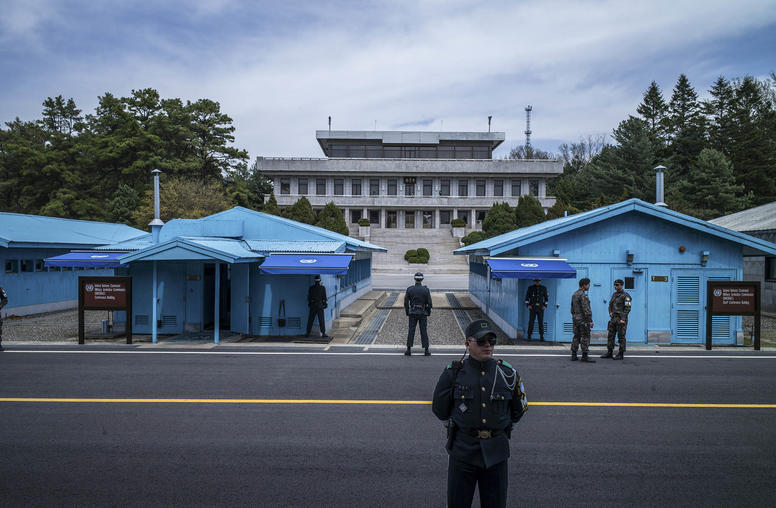
How to Reduce Nuclear Risks Between the United States and North Korea
Since the collapse of the unprecedented leader-level diplomatic process between the United States and North Korea in 2019, relations between the two sides have been at a standstill. In 2021, as the Biden administration entered office, North Korean leader Kim Jong Un set into motion a wide-ranging plan for the modernization of his nuclear forces. This modernization has helped render his nuclear deterrent more credible while accentuating the risks of nuclear conflict on the Korean Peninsula. It has further cemented North Korea’s lack of intent to relinquish its nuclear weapons, which it views as the essential cornerstone of its national defense strategy.